ECOGIG aims to understand the impacts of natural and anthropogenic hydrocarbon inputs on deep sea ecosystems around the globe
-
News
read all news > -
Discoveries
read all articles > -
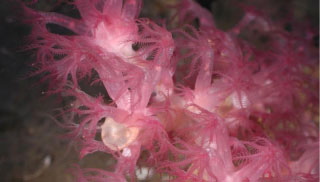

Videos
view video galleries >
Dive Deeper!
Learn about our science and latest expeditions



DEEP SEARCH
DEEP SEARCH was launched in September 2017 as a multi-agency 5-year study of deep-sea coral, canyon, and gas seep ecosystems in U.S. federal waters of the Atlantic Ocean, including offshore Virginia, North Carolina, South Carolina, and Georgia. This study will improve our understanding of the habitats and communities in offshore areas of the Atlantic Large Marine Ecosystem and will contribute to the environmental information needed to address current and emerging science and management issues, in particular with respect to the potential development of energy and marine mineral resources in the area.


Gulf ECOGIG
The Gulf ECOGIG Research Program brings together physical oceanographers, marine biologists, and biogeochemists from multiple research institutions in a holistic effort to understand the fate and impacts oil and gas on deepwater ecosystems in the Gulf, and to chart the long-term effects and mechanisms of ecosystem recovery.


Gulf of California
The Gulf of California (GoC) is an active young ocean undergoing early phases of rifting, seafloor spreading, and active hydrothermalism, and harbors striking hydrothermal vent and hydrocarbon seeps. Here, unique “amalgams” of geological and biogeochemical features, animal and microbial communities provide natural laboratories to study how seafloor processes shape the evolution, physiology, and activities of microbial and animal communities that mediate key geochemical reactions. Our research in the GoC investigates elemental cycling and hydrocarbon dynamics at deep sea hydrothermal vents and cold seeps. We explore the unique geochemical drivers and biological communities that form in association to the hydrocarbon inputs, and how these communities respond to perturbation.


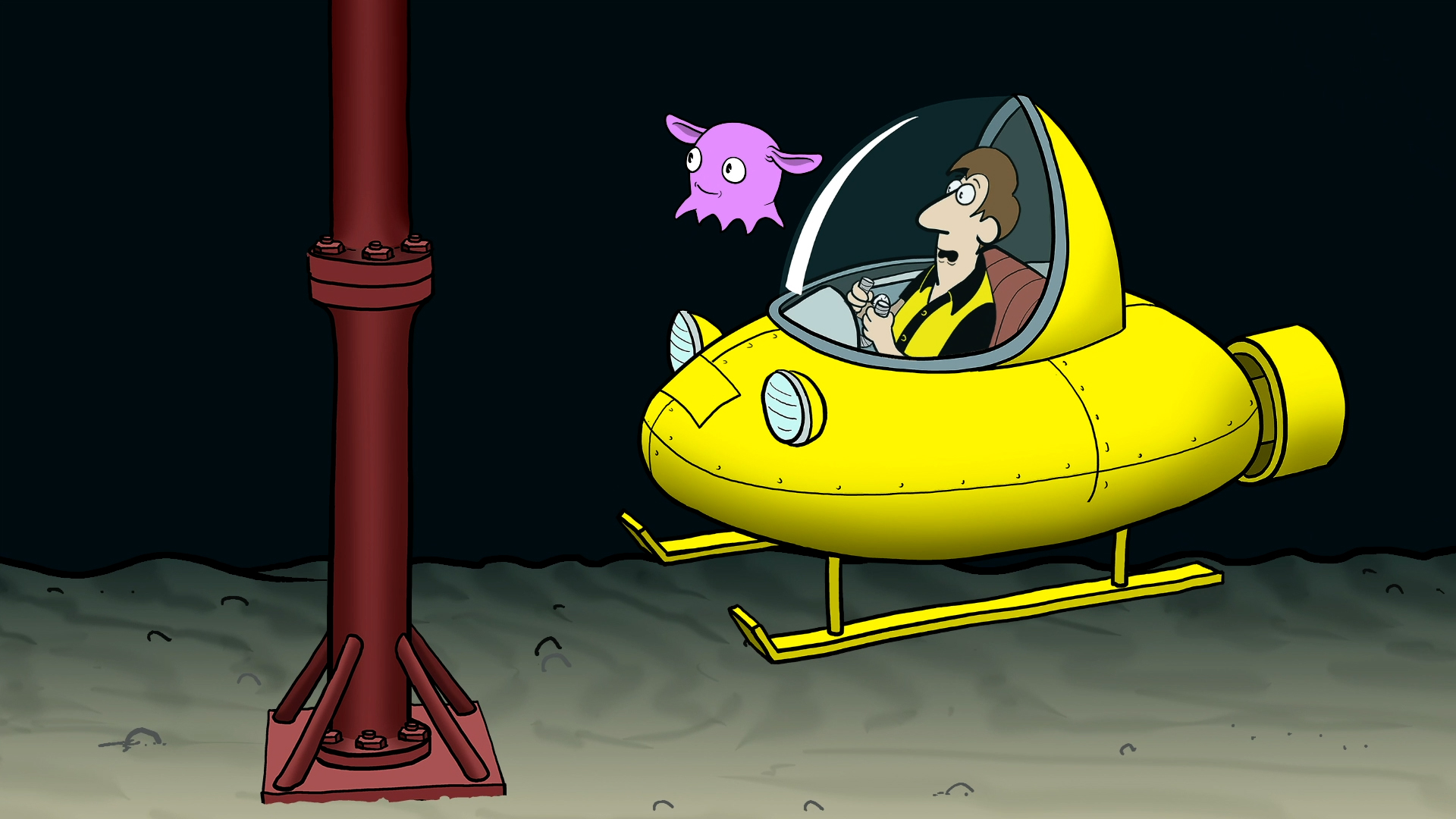
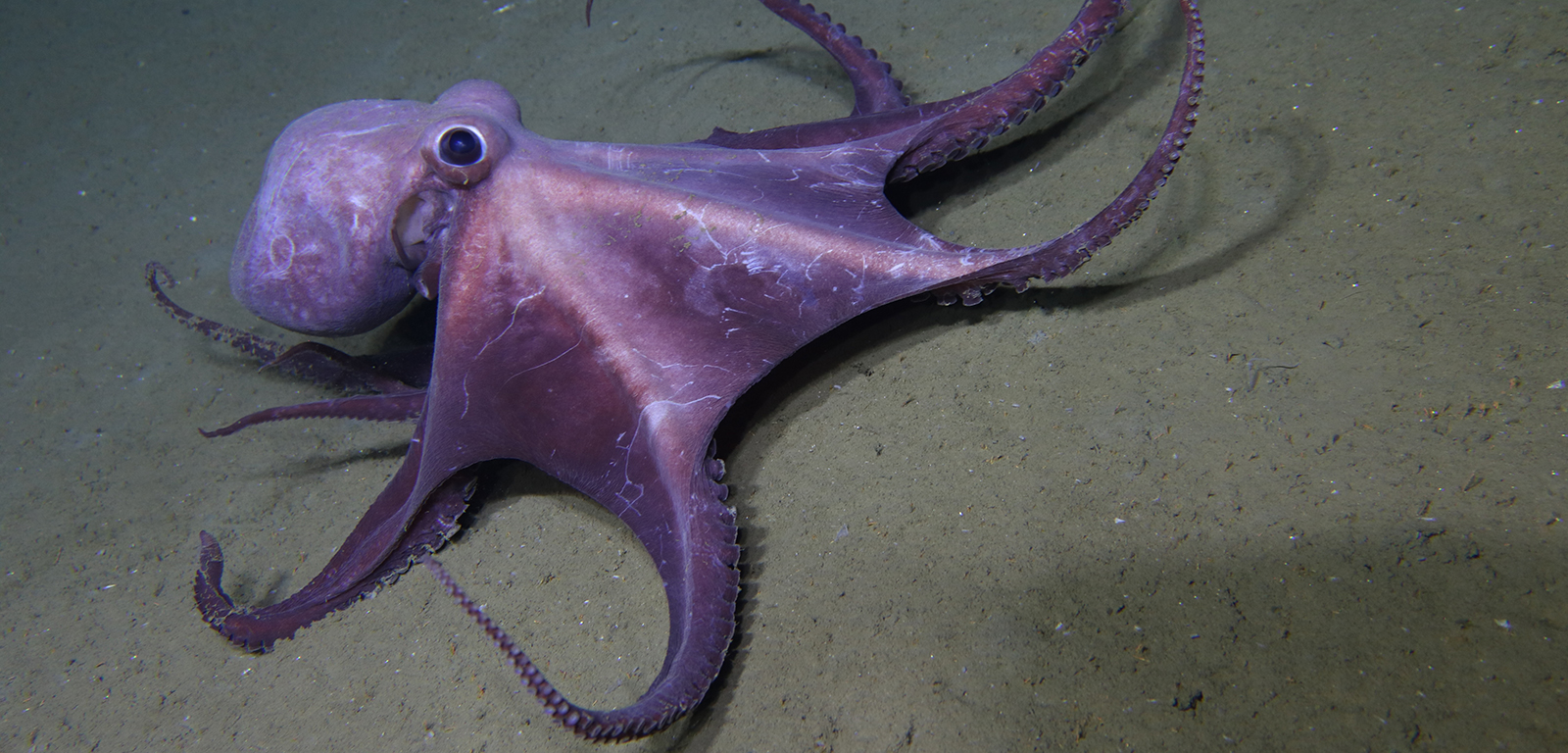
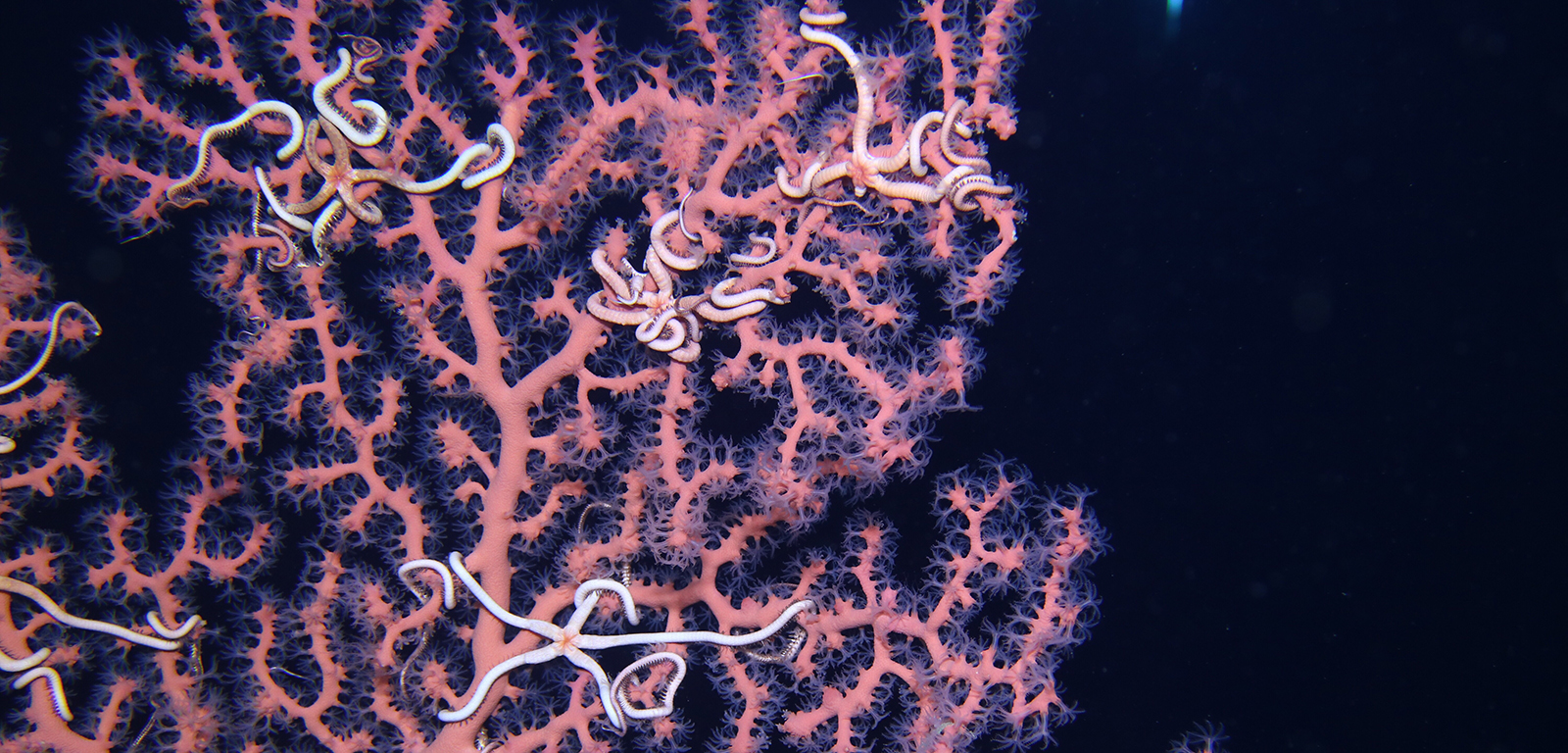
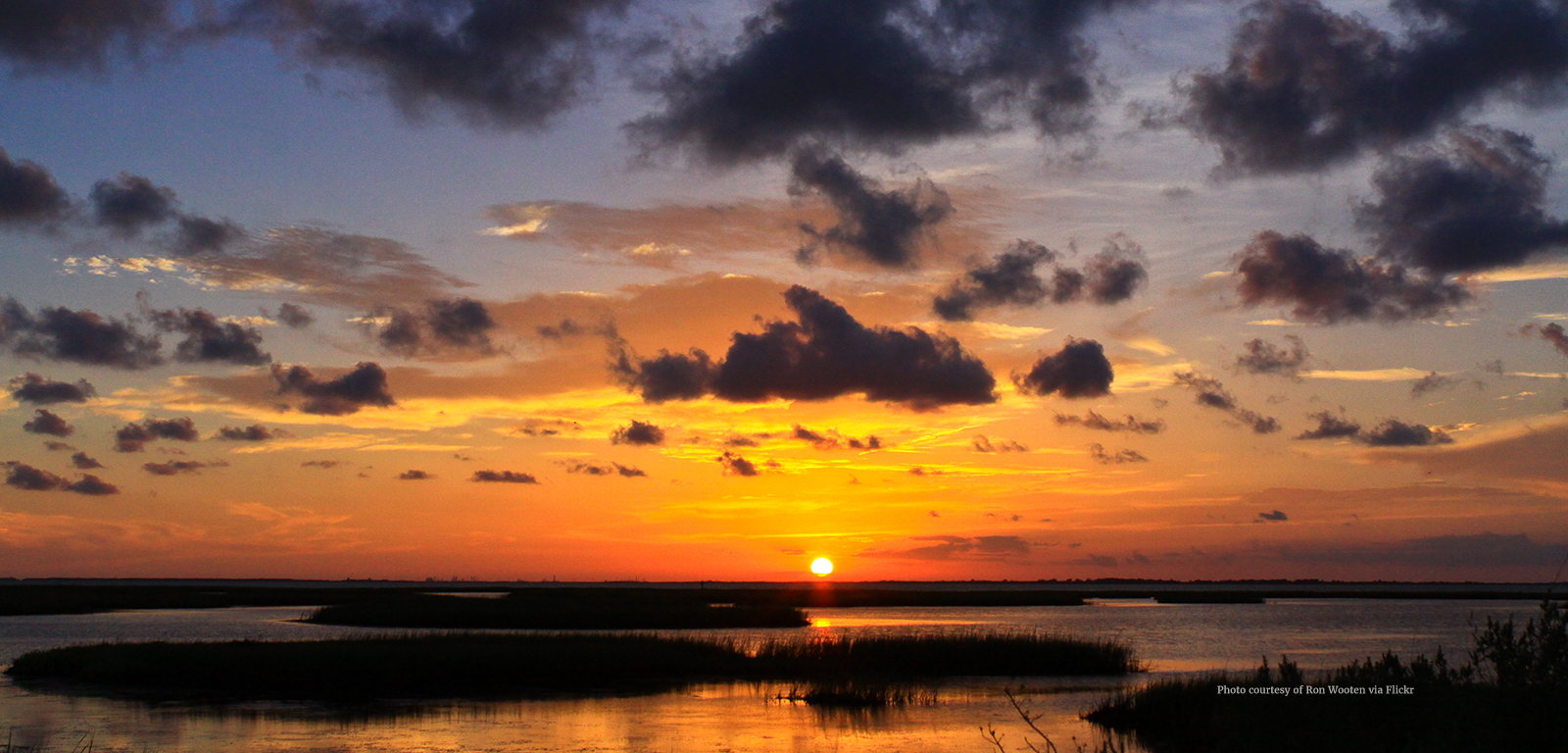
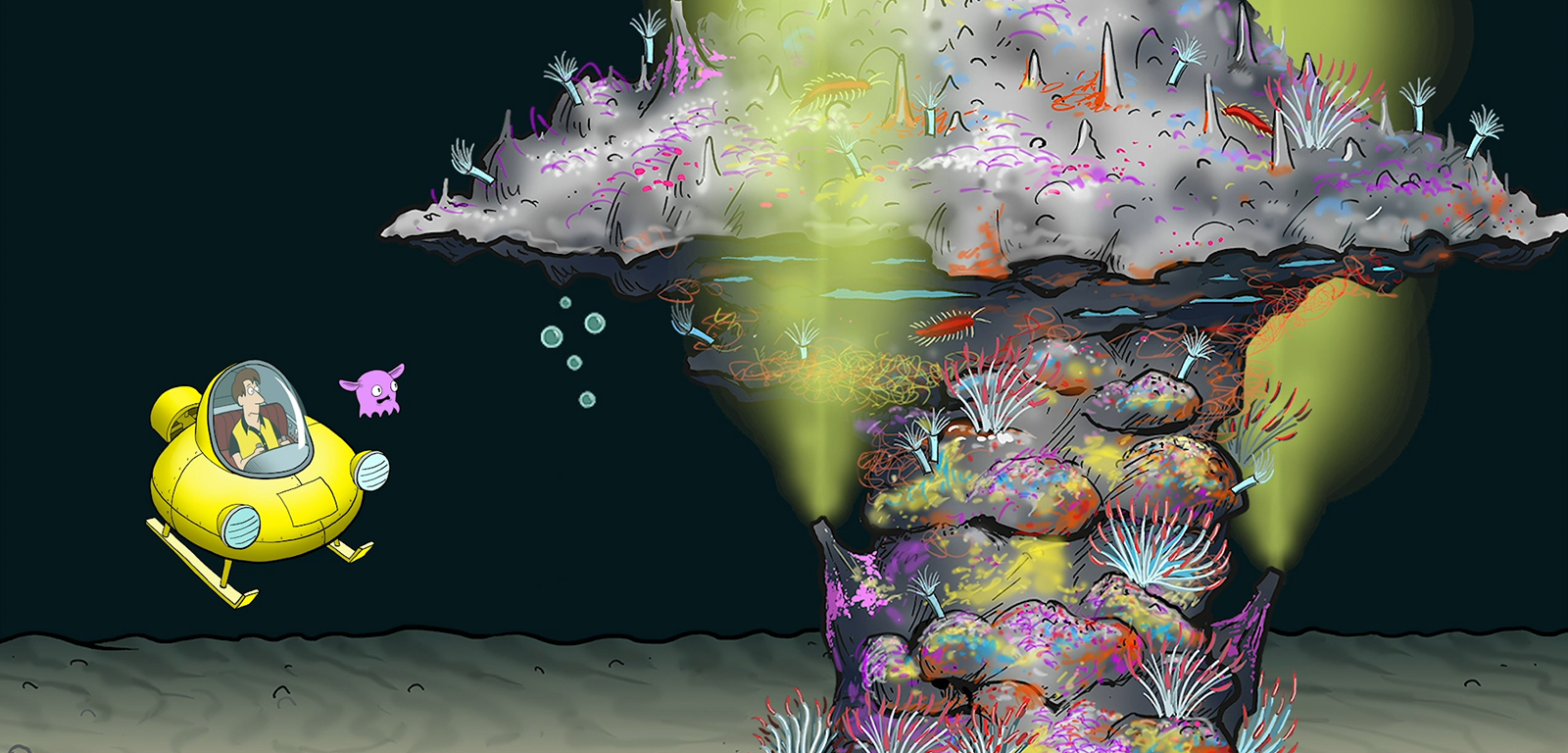
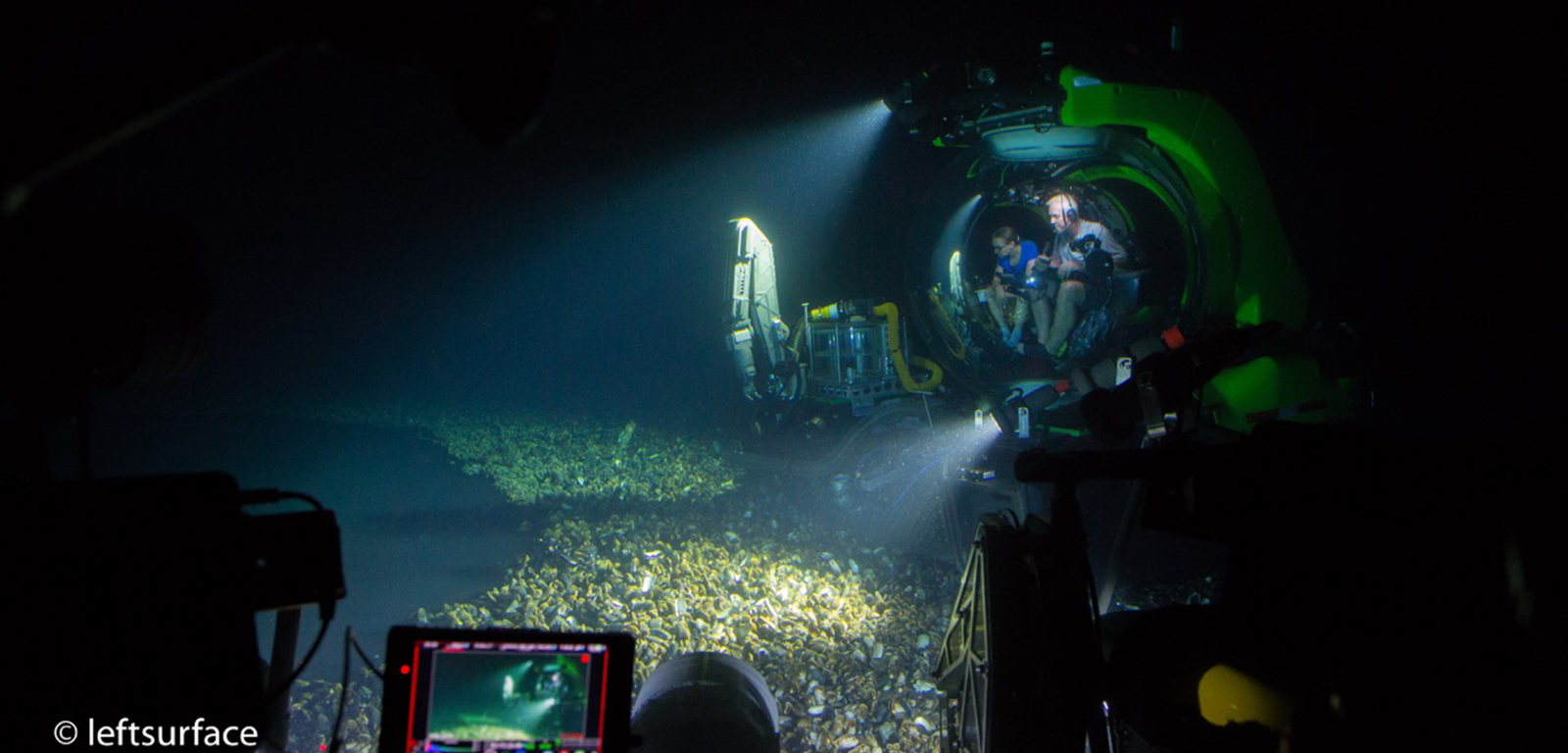



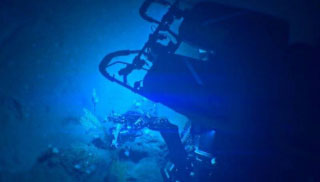
 Learn More
Learn More
















 back to top
back to top